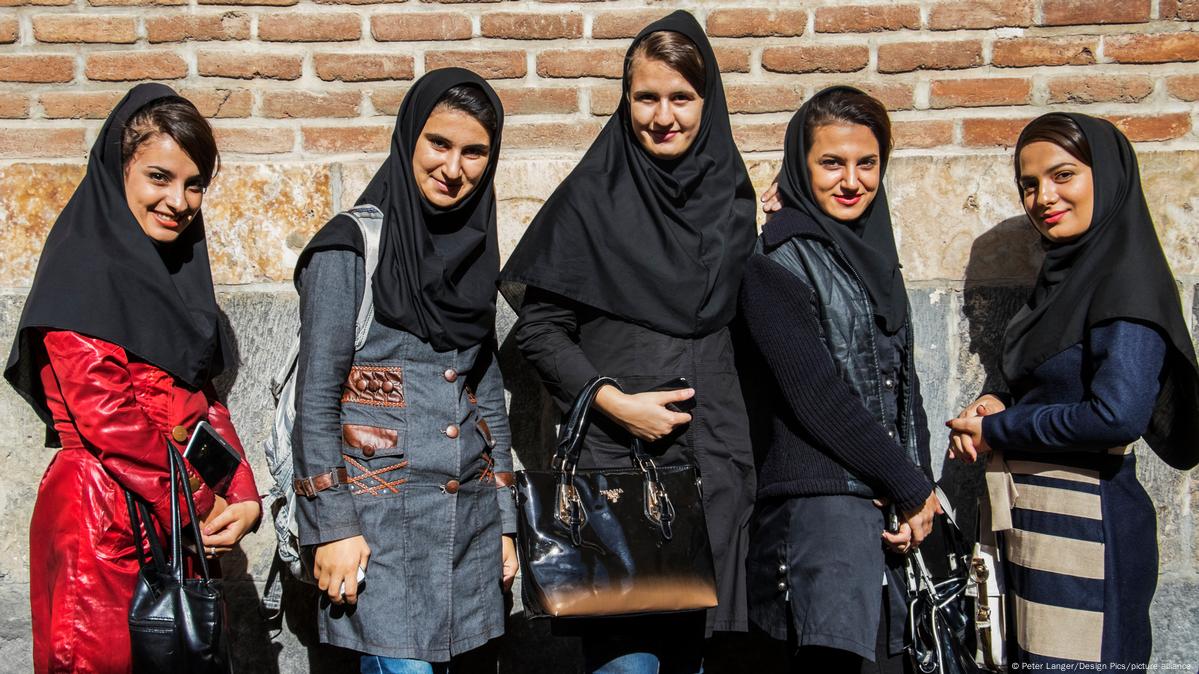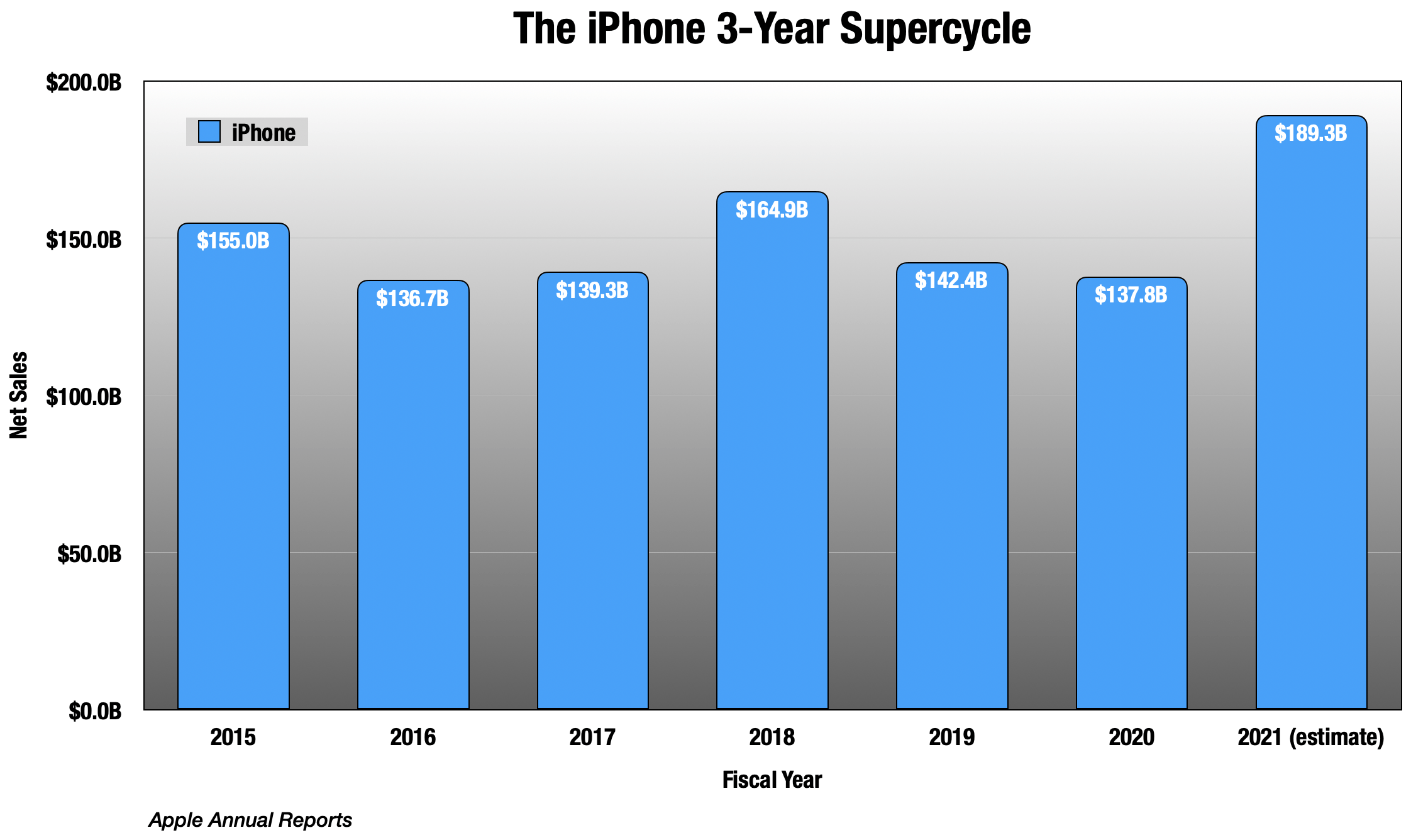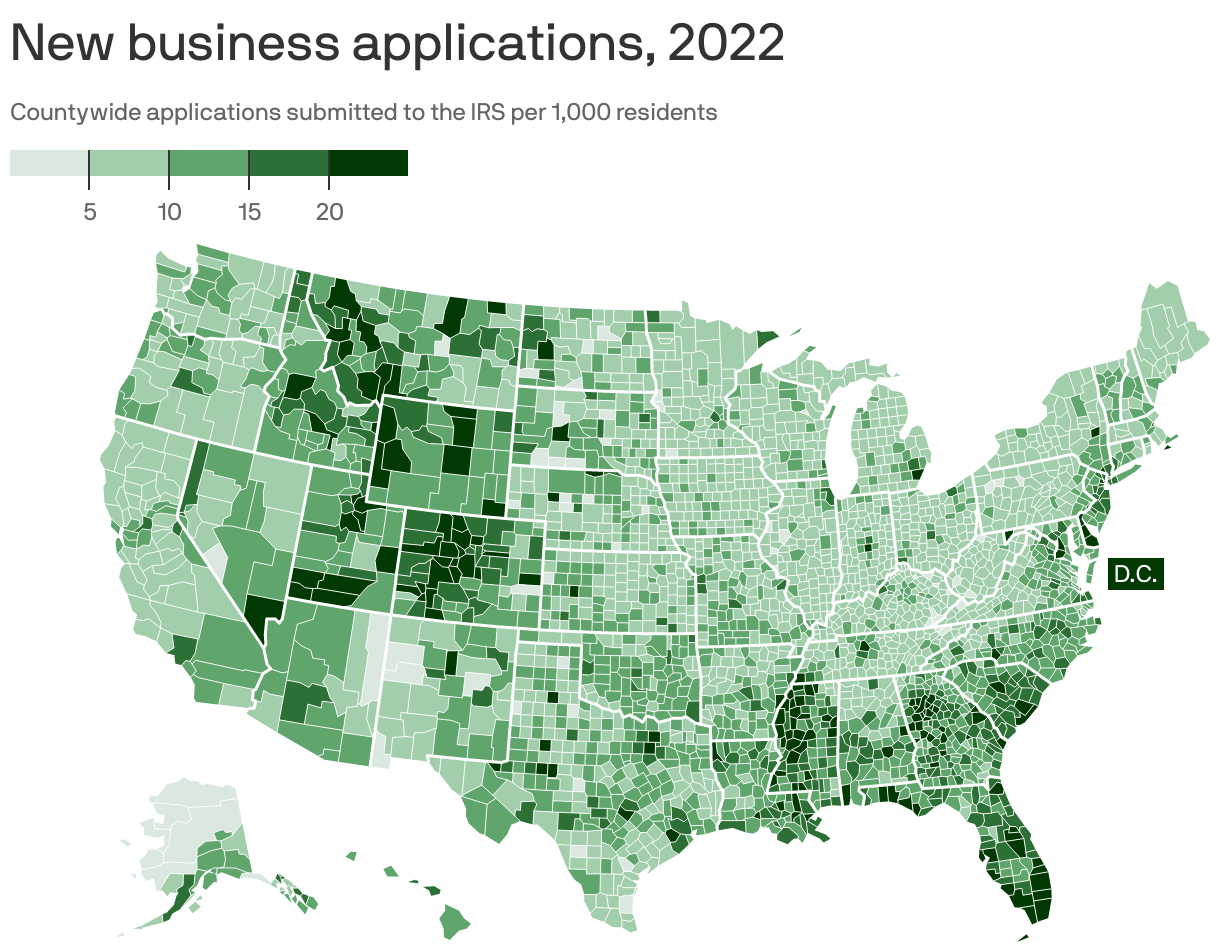Macron's Party Proposes Hijab Ban For Under-15s In Public Spaces

Table of Contents
The Proposed Hijab Ban: Details and Rationale
Specifics of the Proposal:
The proposal, originating from a member of La République En Marche (LREM), aims to prohibit girls under the age of 15 from wearing the hijab in designated public spaces across France. While the exact wording and specifics are still being debated within the party, the core idea centers on restricting the visibility of the hijab in public life for this age group. The proposal's proponents argue this is necessary to protect minors from undue religious influence and uphold the principles of French secularism, laïcité. Penalties for violations haven't been explicitly defined but could range from fines to community service orders for parents or guardians. Exceptions, if any, remain unclear at this stage.
- Precise age restriction: Under 15 years old.
- Definition of "public spaces": This likely includes schools, parks, public transportation, and streets, but the exact scope requires further clarification.
- Proposed enforcement mechanisms and penalties: This aspect remains undefined, leading to concerns about potential discriminatory enforcement.
- Statements from the proposer justifying the ban: Proponents claim the ban protects children from radicalization and upholds the principle of secularism, asserting that minors lack the maturity to make informed choices about religious expression.
Reactions and Public Discourse
Supporters' Arguments:
Supporters of the proposed hijab ban largely frame their arguments around the concept of French secularism and the protection of minors.
- Secularism in France and its historical context: France has a long history of emphasizing secularism, separating religious and public life. Supporters cite this historical context to justify their position.
- Concerns about the influence of religious groups on minors: The argument is made that young girls are particularly vulnerable to undue religious influence and pressure, necessitating state intervention.
- Arguments relating to child protection and safeguarding: Proponents link the ban to broader child protection concerns, suggesting the hijab symbolizes forced religious adherence.
- Citations from supporting figures and organizations: Right-wing political figures and organizations advocating for stricter secular policies have publicly supported the proposal.
Critics' Arguments:
Conversely, critics express serious concerns about the potential infringement on religious freedom and the discriminatory impact of such a ban.
- Concerns about religious freedom and discrimination: Opponents argue the proposal violates fundamental human rights, specifically the right to religious freedom, disproportionately impacting Muslim communities.
- Arguments against state interference in personal choices: Critics question the state's role in regulating personal religious expression, particularly for minors.
- Potential for increased marginalization of Muslim communities: The ban risks further alienating and marginalizing France's Muslim population, potentially exacerbating existing social tensions.
- Citations from opposing figures and organizations: Human rights organizations, Muslim advocacy groups, and left-leaning political figures have strongly condemned the proposal.
Legal and Constitutional Implications
Compatibility with French Law:
The proposed hijab ban faces significant legal hurdles and raises serious constitutional questions.
- Relevant articles of the French constitution and legal precedents: The proposal potentially contradicts articles of the French Constitution guaranteeing freedom of religion and non-discrimination. Legal precedents related to religious expression in public spaces will need careful consideration.
- Potential legal challenges based on human rights legislation: The ban is likely to face legal challenges based on both national and international human rights legislation, including European human rights conventions.
- Analysis of the likelihood of the proposal becoming law: Given the strong opposition and potential legal challenges, the likelihood of this proposal becoming law remains uncertain. The debate will undoubtedly continue within the French political system and legal arena.
Conclusion
The proposal to ban the hijab for girls under 15 in France has sparked a heated debate encompassing religious freedom, secularism, and child protection. Supporters emphasize the importance of laïcité and protecting minors from undue religious influence, while critics highlight the potential for discrimination and infringement on fundamental human rights. The legal and constitutional implications are substantial, raising questions about the compatibility of the proposal with existing French law and international human rights standards. The long-term consequences of such a ban, including potential social divisions and legal challenges, remain to be seen. Understand the complexities of the hijab ban debate by researching further, forming informed opinions, and participating in relevant discussions. Learn more about the political implications of the proposed restrictions on wearing a hijab.

Featured Posts
-
 Zheng Returns To Rome Last 16 Victory Against Frech
May 25, 2025
Zheng Returns To Rome Last 16 Victory Against Frech
May 25, 2025 -
 Ardisson Vs Baffie Accusations De Sexisme Et De Machisme Qui A Raison
May 25, 2025
Ardisson Vs Baffie Accusations De Sexisme Et De Machisme Qui A Raison
May 25, 2025 -
 Apple Stock Forecast Should You Buy Aapl At Current Prices One Analyst Sees 254 Potential
May 25, 2025
Apple Stock Forecast Should You Buy Aapl At Current Prices One Analyst Sees 254 Potential
May 25, 2025 -
 Verstappen Mercedes I Sxesi Poy Elikse
May 25, 2025
Verstappen Mercedes I Sxesi Poy Elikse
May 25, 2025 -
 A Comprehensive Map Of The Countrys New Business Hot Spots
May 25, 2025
A Comprehensive Map Of The Countrys New Business Hot Spots
May 25, 2025
